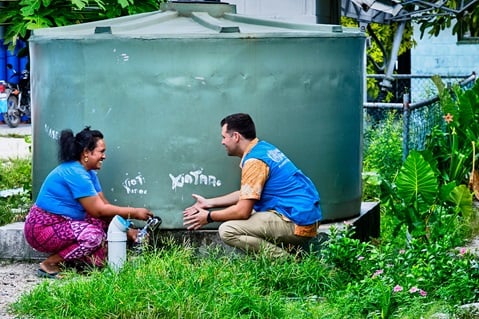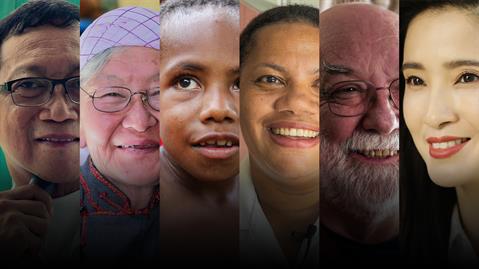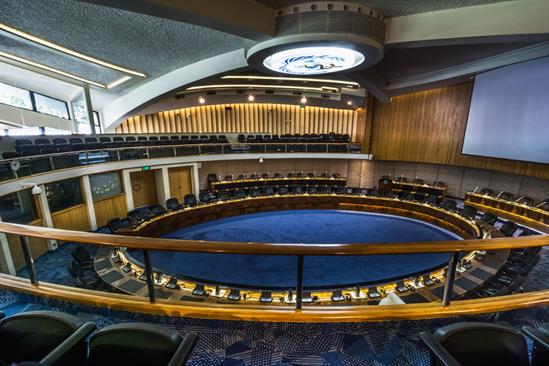Distinguished participants, colleagues, ladies and gentlemen
I am very pleased to welcome you all to the Interventions Meeting for the International Classification of Traditional Medicine, being held in the Western Pacific Regional Office.
Today, we are seeing an increased popularity of traditional medicine.
Traditional medical products and practices are widely used throughout our region.
They are important to the health of populations as well as in economic terms.
But traditional medical systems vary widely across countries and cultures, and each system has developed its own terminology and wording.
There is an urgent need to standardize traditional medicine terminology.
Doing so can expedite scientific communications in traditional medicine and the well-being of customers.
It can allow global comparisons and facilitate the flow of information across health systems as well as within Member States.
It can enable better continuity of care and a more comprehensive and integrated health system response: standardising the terms will promote quality of care and better health outcomes.
The Western Pacific Region has played a leading role in promoting the standardisation of traditional medicine.
Since 2003, promoting an evidence-based approach to standardisation has been the main theme of WPRO’s traditional medicine programme.
Much has already been achieved in terms of standardisation in the Western Pacific Region.
The publication International Standard Terminologies on Traditional Medicine in the Western Pacific Region in 2008 being an important milestone for the region.
These efforts have been acknowledged and are being taken to the global level through the global project for the International Classification of Traditional Medicine.
This is what brings us all here today.
WHO is now developing the 11th revision of the International Classification of Diseases.
This provides an ideal opportunity to include traditional medicine into the WHO Family of International Classifications.
Your hard work and advice will be invaluable in this task.
I wish you a fruitful meeting and look forward to a one more step towards the international standardization of traditional medicine and its inclusion into ICD-11.
Thank you.




